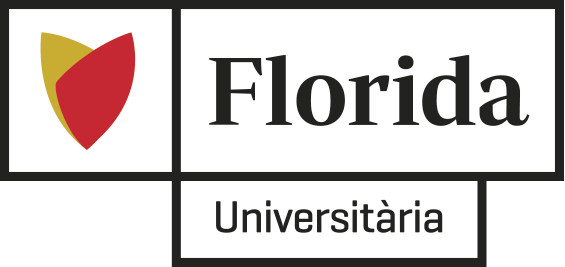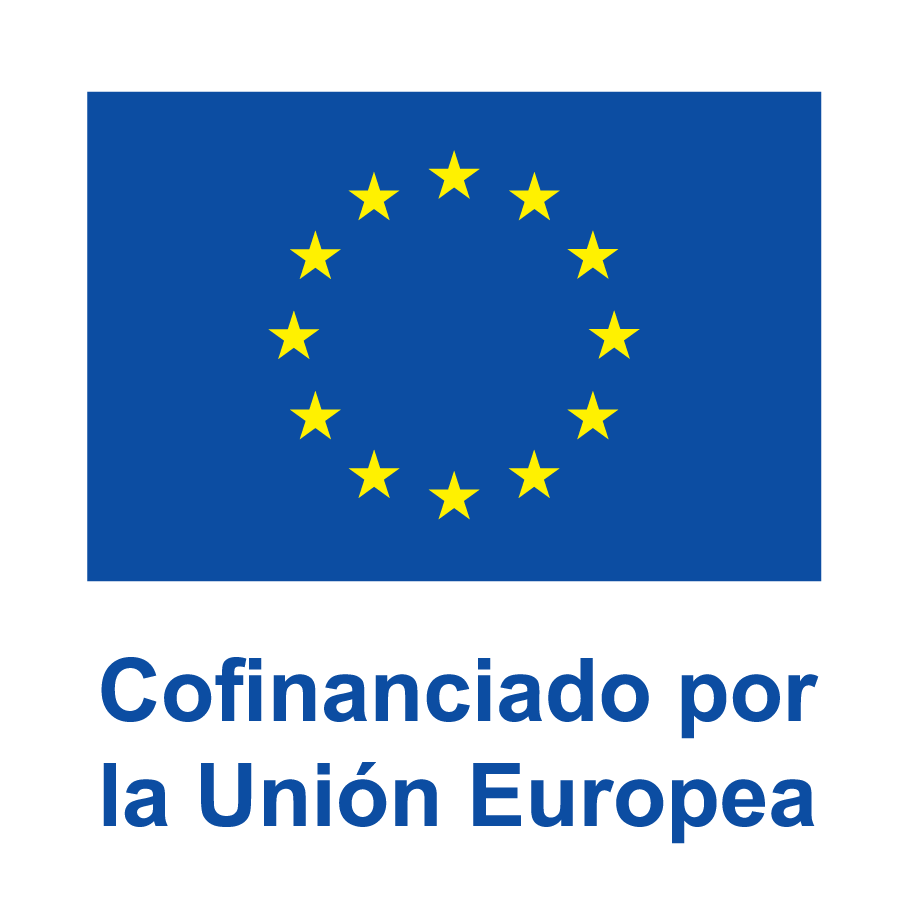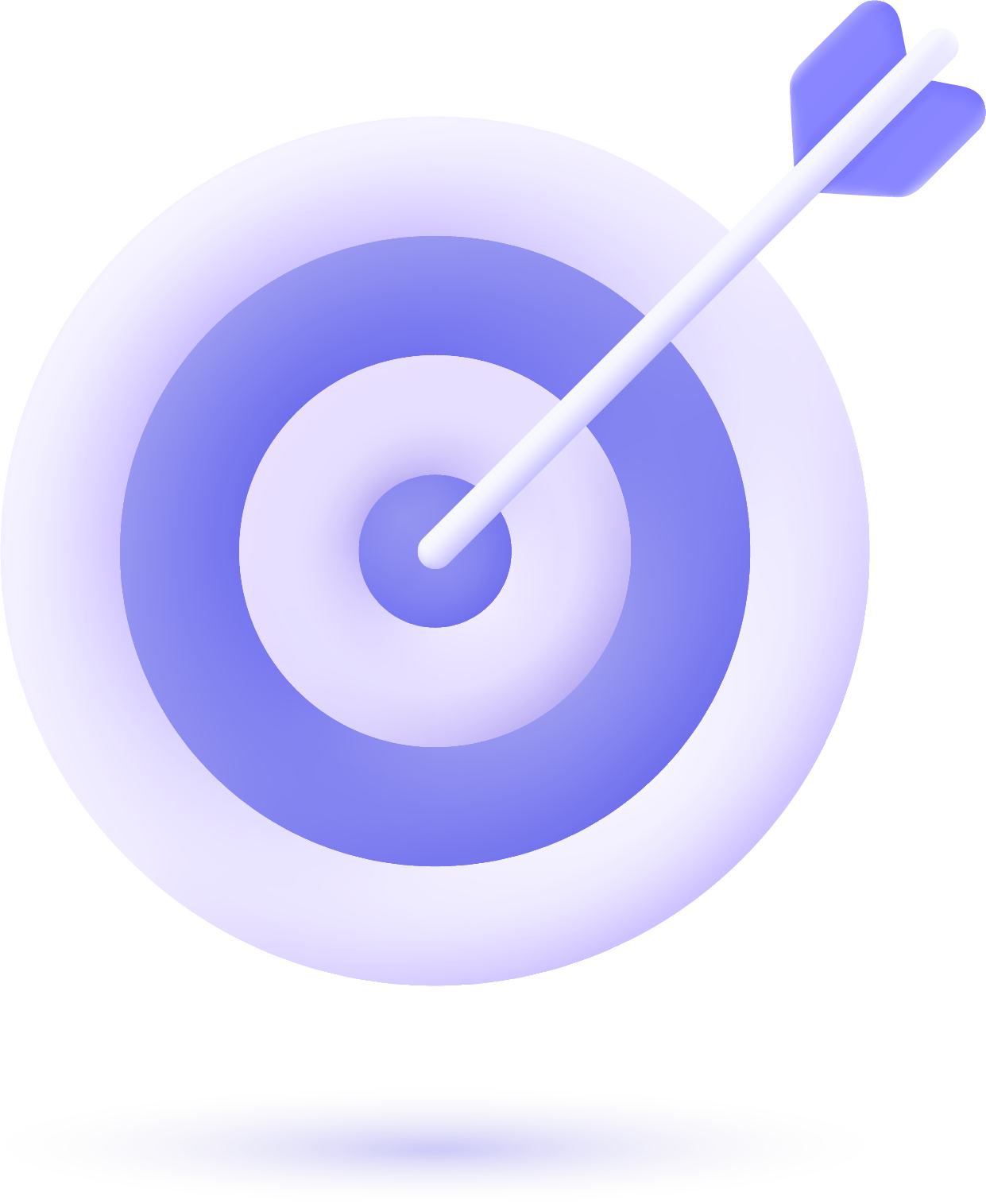Partners
- AISS
- / Partners

Florida Centre de Formacio Coop.V
- Web: www.floridauniversitaria.es
- Facebook: https://www.facebook.com/floridauniversitaria
- X (Formerly Twitter) https://twitter.com/floridauni
- Youtube: https://www.youtube.com/channel/UCXcVroy1ofPxv2GRrzp0_Tw
- Instagram: https://www.instagram.com/florida_uni/
- Linkedin: https://www.linkedin.com/school/florida-universitaria
- Blog: https://blogs.florida.es/floridauniversitariablog/
Florida Center de Formació, Coop. V. (Project Coordinator), is a Valencian worker cooperative created in 1977 that works in the field of education. It has extensive experience in education and training at various educational levels: Higher Education (university degrees, postgraduate and master’s degrees), Vocational Education and Training (higher and lower levels), continuing training and training for the unemployed, and Secondary and Primary Education. Florida has also diversified its activity by creating NINOS Gestión Educativa, coop.V, a network of kindergartens in the Valencia Region, currently comprising 15 centres. The Florida Group has 600 employees and more than 5.000 students.
Florida is adscribed to the University of Valencia (since 1993) and the Polytechnic University of Valencia (since 1996), and its degrees are accredited by both institutions. Florida Universitària was created in 1993 as part of the Florida Centre de Formació project, and was recognised as an affiliated centre by the Generalitat Valenciana. Florida has 2 campuses located in Catarroja (municipality in the metropolitan area of Valencia) and Valencia. It is defined as an innovative and dynamic institution, in close contact with companies and society. The education and training provided to young people and professionals is based on the acquisition of skills and knowledge that will enable them to participate successfully in the new business, professional and social scenarios of today’s society.
Florida currently applies innovative methodologies to promote the socio-economic development of the territories by generating inter-cooperation experiences related to innovation and entrepreneurship. These methodologies are the result of a long history of participation in cooperation and research projects at regional, national and international level.
The field of Artificial Intelligence and chatbots are studied in several courses and training contents of Florida Universitària, such as in VET Higher level “Web Applications Development”, “Marketing and Advertising”, “3D Animation, Games and Interactive Environments”, “Automation and Industrial Robotics”… as well as in the different Degrees related to Engineering or in the degree of “Design and Development of Videogames and Interactive Experiences”.

Universidad Pontificia Juan Pablo II
- Web: https://upjp2.edu.pl/
- Facebook: https://www.facebook.com/UPJP2/
- X (antes Twitter) https://twitter.com/upjp2
- Youtube: https://www.youtube.com/channel/UCPf8notCxW7Hs__f2-xlTnA
- Instagram: https://www.instagram.com/upjp2/
- Linkedin: https://www.linkedin.com/school/upjp2/

Universidad Tecnológica de Kaunas
- Web: https://ktu.edu/
- Facebook: https://www.facebook.com/ktu.lt
- X (antes Twitter) https://twitter.com/ktuspace
- Youtube: https://www.youtube.com/user/ktuvideo
- Linkedin: https://www.linkedin.com/school/ktu/
- Instagram: https://www.instagram.com/ktuspace/?hl=en
Historical development
Kaunas University of Technology had its beginning on 16 February 1922, when the University of Lithuania and its technical faculties were established. The development of Lithuanian scientific ideas continued in the first Lithuanian independent technical school of higher education (in 1950–1990 titled Kaunas Polytechnic Institute (KPI)). It was famous for the ultrasound and vibrotechnics laboratories, and scientific research of textiles. In 1990 KTU regained its status of the university and took a path of rapid reforms of studies and research. The University continues to pursue sustainable partnership of science, business and industry, develops and implements new ideas, innovations and inventions. Since 1922 more than 157 thousand graduates graduated from the university.R&D&I at KTU
Innovative fundamental and applied research solutions corresponding to today’s and tomorrow’s challenges are being developed at the University. Leadership, high quality of scientific results and new research discoveries mobilise the academic community, and the latest research achievements and acquired practical experience are transferred to students. KTU researchers develop and transfer interdisciplinary knowledge and advanced technologies to domestic and foreign industry, business and the public sector by implementing projects of international and national research programmes and executing contracts for outsourced research and development, and innovation.KTU today
Kaunas University of Technology is a competitive technical university fostering knowledge and innovations. The knowledge and technologies developed at Kaunas University of Technology reach all sectors of society, business and industry in Lithuania, the Baltic states, and worldwide. Internationalisation at the university encompasses all areas of activity: quality of studies, scientific breakthroughs, and organisational coherence, and it is a key priority. Internationalisation is also reflected in the strategic documents of the university as well as all areas of its life. KTU does not only theoretically declare but lives by internationalism, constantly striving to demonstrate and extend the possibilities of global actions to all academic community members.The University of Bayreuth- is a public research university founded in 1975 as a campus university situated in Bayreuth, Germany. It is broadly organized into seven undergraduate and graduate faculties, with each faculty defining its own admission standards and academic programs in near autonomy. The University of Bayreuth is currently one of Germany’s most successful young universities. In the Times Higher Education (THE) Young University Rankings, it is ranked among the best young universities in the world, and in the QS World University Ranking, is in the top ten percent of 5,500 universities from around the globe. Interdisciplinary research and teaching is the main feature of the University’s 160 degree programmes, offered by seven faculties covering the natural sciences, engineering, law, business & economics, languages, literature, and cultural studies.
The University of Bayreuth has approx. 13,330 students, 240 professors, around 1,330 scientific staff, and about 985 non-scientific employees at its campus in Bayreuth and its satellite campus in Kulmbach. It is the largest employer in the region. It is a member of the Elite Network of Bavaria (Elitenetzwerk Bayern), an educational policy concept of Bavaria for the promotion of gifted pupils and students in the higher education sector.
The Institute of Measurement and Control Systems (MRT) at the University of Bayreuth (UBT) works on the design, implementation and application of measurement systems. Its contributions fall into the areas of modeling and parameter identification of sensor systems, condition monitoring of systems and processes, and control strategies. A broad spectrum of methods has been applied in the past to problems from the automotive, semiconductor, production, and energy system industries. In the course of time, the focus has been shifting from stand-alone components or systems to distributed and/or embedded systems with increased functional density. This also includes the incorporation of AI methods for signal processing, fault detection, condition monitoring, or optimum system operation. The embedding of devices into larger networks brings about the need for technical communication. MRT has extensive know-how with industrial fieldbuses such as CAN or Modbus and with wireless technologies. Although the applications are not restricted to mechatronic and robotic systems by far, there exists a long track record in this direction.
MRT conducts its research together with partners from industry or the skilled crafts sector. The partner structure ranges from small local companies to international corporations (BMW, Daimler, Porsche; Merck, Siemens, Stäubli Robotics, Tennet, Vishay, and so on and so forth) from a wide variety of industries (automotive industry, plant and mechanical engineering, electrical industry, chemical industry, process industry, energy technology, etc.). The implementation of AI methods and the embedding of smart devices, e. g., smart meters, in field environments require a combination of engineering or technical skills with computer science skills. This combination is a hallmark of many MRT projects.

Universidad de Bayreuth, Alemania
- Web: https://www.uni-bayreuth.de/
- Facebook: https://www.facebook.com/UniBayreuth
- X (antes Twitter): https://twitter.com/unibt
- Youtube: https://www.youtube.com/user/unibayreuth
- Instagram: https://www.instagram.com/uni.bayreuth/
- Linkedin: https://www.linkedin.com/school/university-of-bayreuth/?originalSubdomain=de
- Blog: https://www.ubtaktuell.uni-bayreuth.de/

